ABSTRACT
“Estudio” School is a non-profit private secular institution that provides pre-school, primary, secondary, and high school education. Founded in 1940, it offers a comprehensive education, where students use their curiosity as a starting point to transform it into knowledge within an environment that stimulates their creativity and solid values.
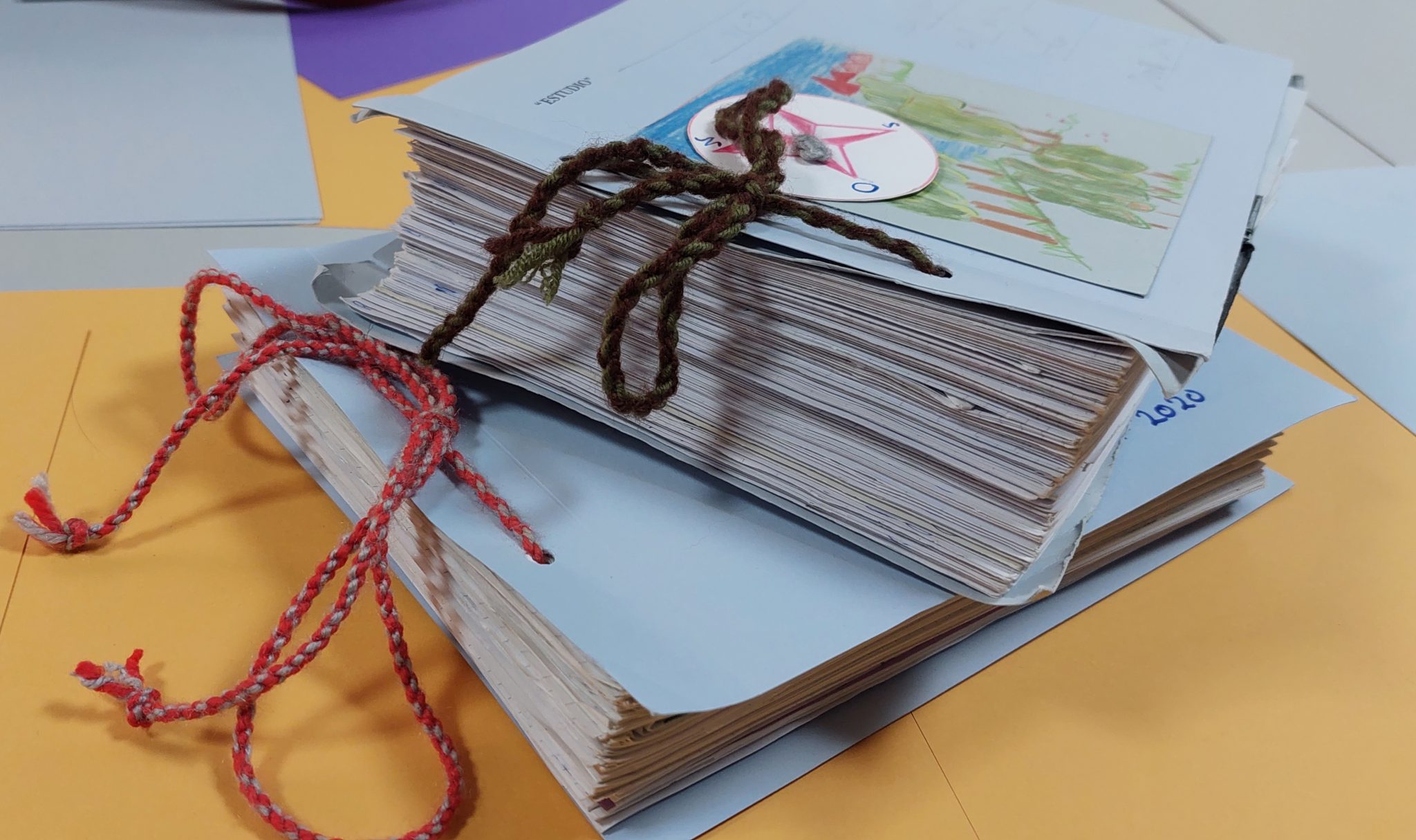
The intention of the three founders of the school, Jimena Menéndez-Pidal, Carmen García del Diestro and Ángeles Gasset, was to continue applying the methodology and principles introduced by the Institución Libre de Enseñanza (ILE).
Just a Quick Note:
InnovationsOfTheWorld.com has partnered with Trade License Zone (TLZ) to support global innovators looking to expand internationally. Take advantage of the UAE’s Free Zones—enjoy streamlined setup, low corporate taxes, and a strategic gateway to the Middle East and beyond.
Get Your UAE Free Zone License Fast & Easy!“Estudio” is a space for real, experiential, and meaningful learning, where teaching subjects such as art, music, science, humanities, and physical education –among others, are combined to endow students with an outstanding education.
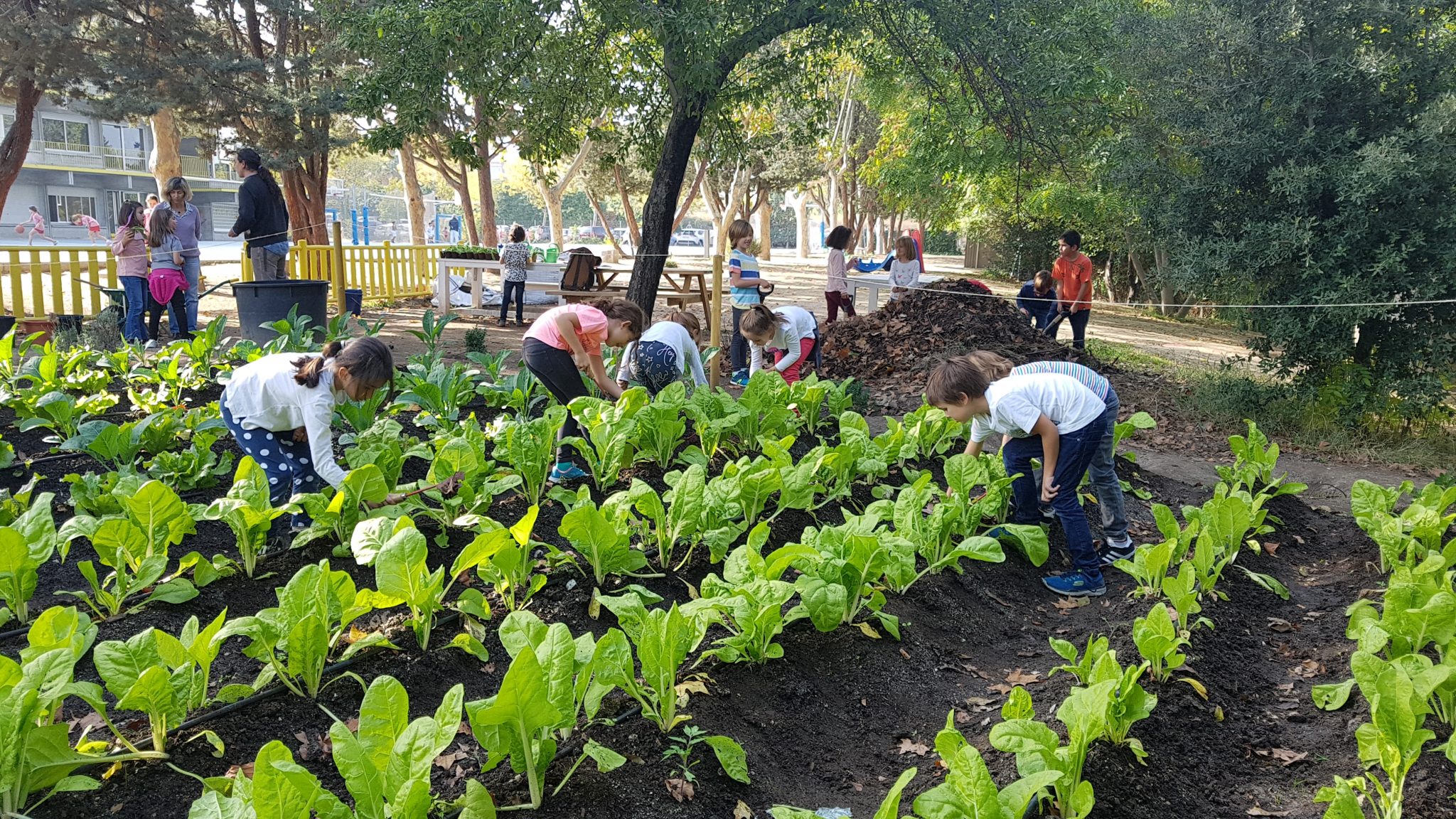
Experiential and comprehensive learning
Learning is constructed by students through one’s own experience, curiosity, creativity, and effort for a job well done –in “Estudio”, it is essential to create living, concrete, not virtual experiences. The ILE was a pioneering project embodying life-drawing, labs, music, physical-education teaching, excursions, etc. into the school. Active teaching that, far from pedagogical trends, has tradition behind it, a love for culture and the environment. A careful selection of programmed activities is developed by the school during the course with a firm pedagogical purpose: visits, excursions, exhibitions, workshops, exchanges, and participation in international events, etc., with which solid training is facilitated to the students.
‘Experience’ is an essential basis for the knowledge process, such as allowing an understanding of the phenomenon of erosion by touching the rounded shape of a rock with your hands, distinguishing the style of a temple by the luminosity or darkness of its openings, or reproducing the trajectory of a projectile in the lab, etc… Learnings that the founders of “Estudio” had already pointed out as irreplaceable and that seek to generate dialogue and questions, encourage further curiosity, and cultivate aesthetics and ethics. At “Estudio” School, students are considered the protagonists of their learning, and students produce their own learning materials throughout the different stages and levels, either through cards or notebooks. Students themselves cooperate with the daily running of the center, where children and adults carry out certain activities together and the entire school is conceived as a model of plurality and coexistence.
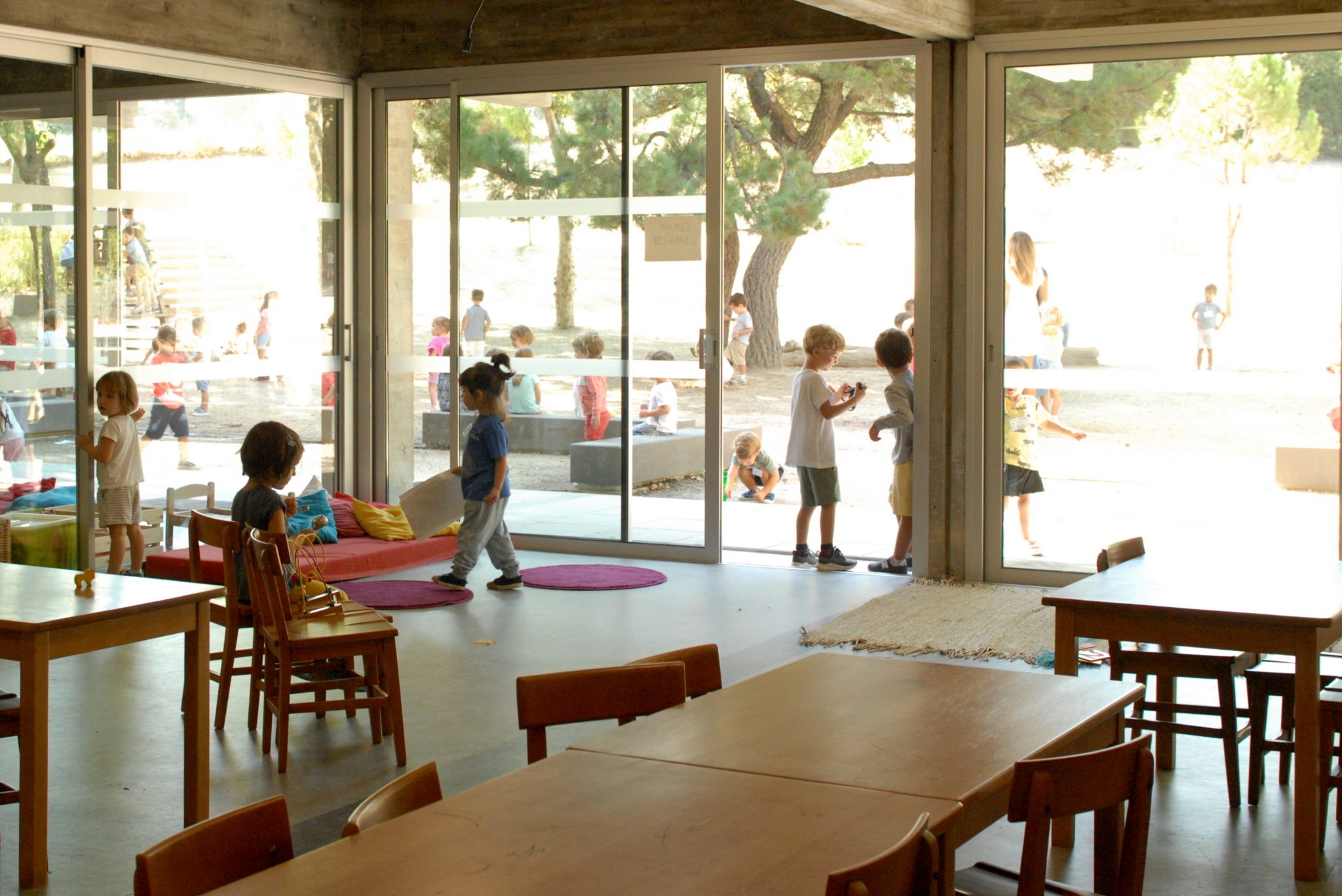
As an example, in the school’s Second Section, which comprises Classes VIII, IX and X (3rd, 4th and 5th grade of Primary), day-to-day life takes place in an active environment, and still with appeasement and calmness. Subject-matters are organized into three core themes: in Class VIII for instance, the core theme is “Our surroundings”, and this is when the child studies the existing nature around him, the passing of the seasons, the passage of time and with it, the cultivation of waiting for things to happen.
In Class IX meanwhile, the core theme is “I don’t live alone”, by which societal order is studied starting from the family itself, though school, all the way to how our locality, region and our country are organized. All this is done in connection with what nature provides, and attention is paid to how the human being actively integrates into society and cares for the environment.
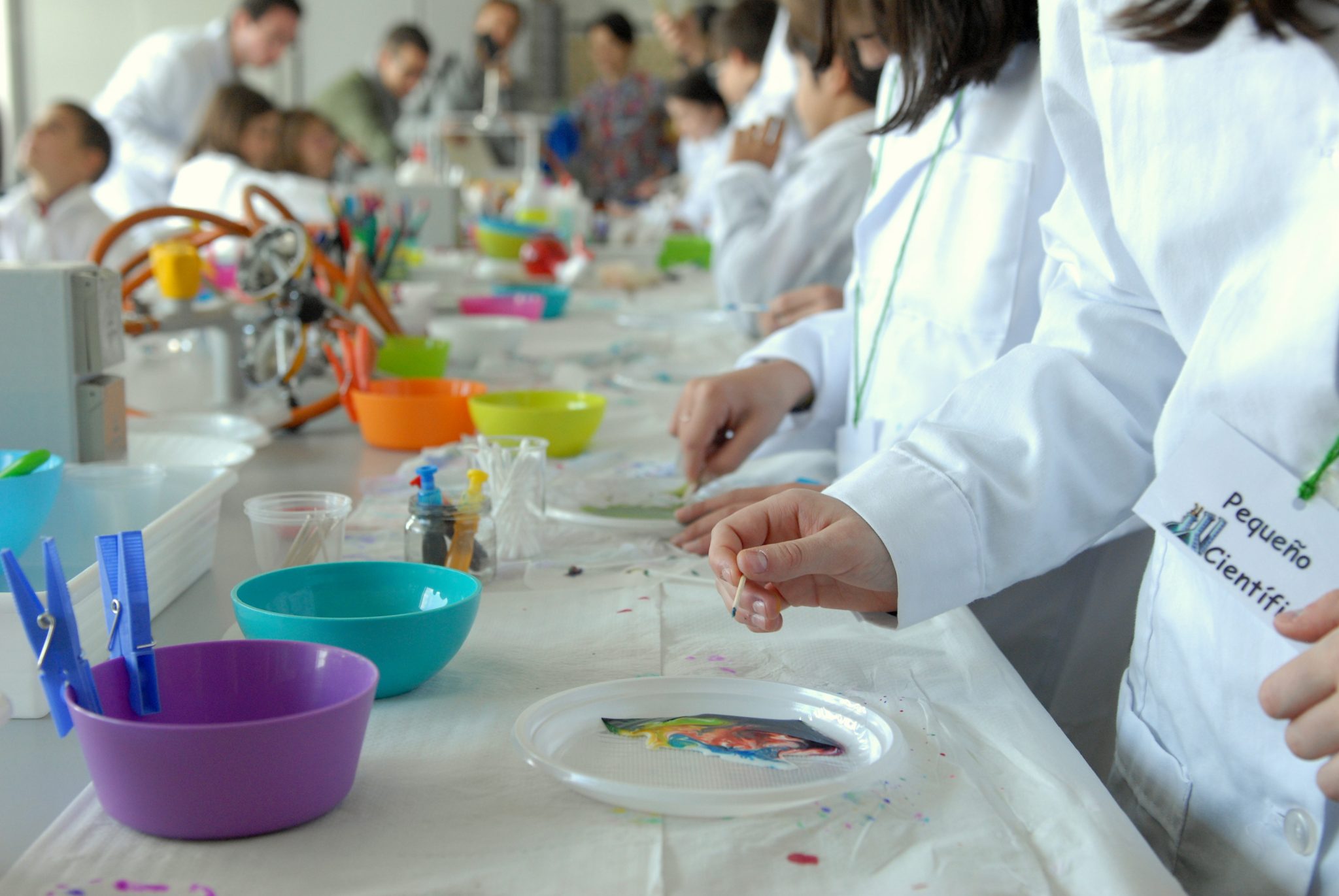
Finally, in Class X “Rivers” is the core theme of this phase, where learning is global and a geographical, historical, literary, and scientific journey is made through the five fundamental rivers of the Iberian Peninsula. By means of the water stream, the children trace a journey from the source to the mouth of each river, making a stop at everything that is interesting along the way. This experience allows the school to facilitate the emergence of various faculties in children, such as the faculty and awareness of perceiving, looking at carefully, observing, analyzing, relating to knowledge, deducing consequences, and expressing themselves in all possible ways: orally, written, graphically, musically, artistically, etc.
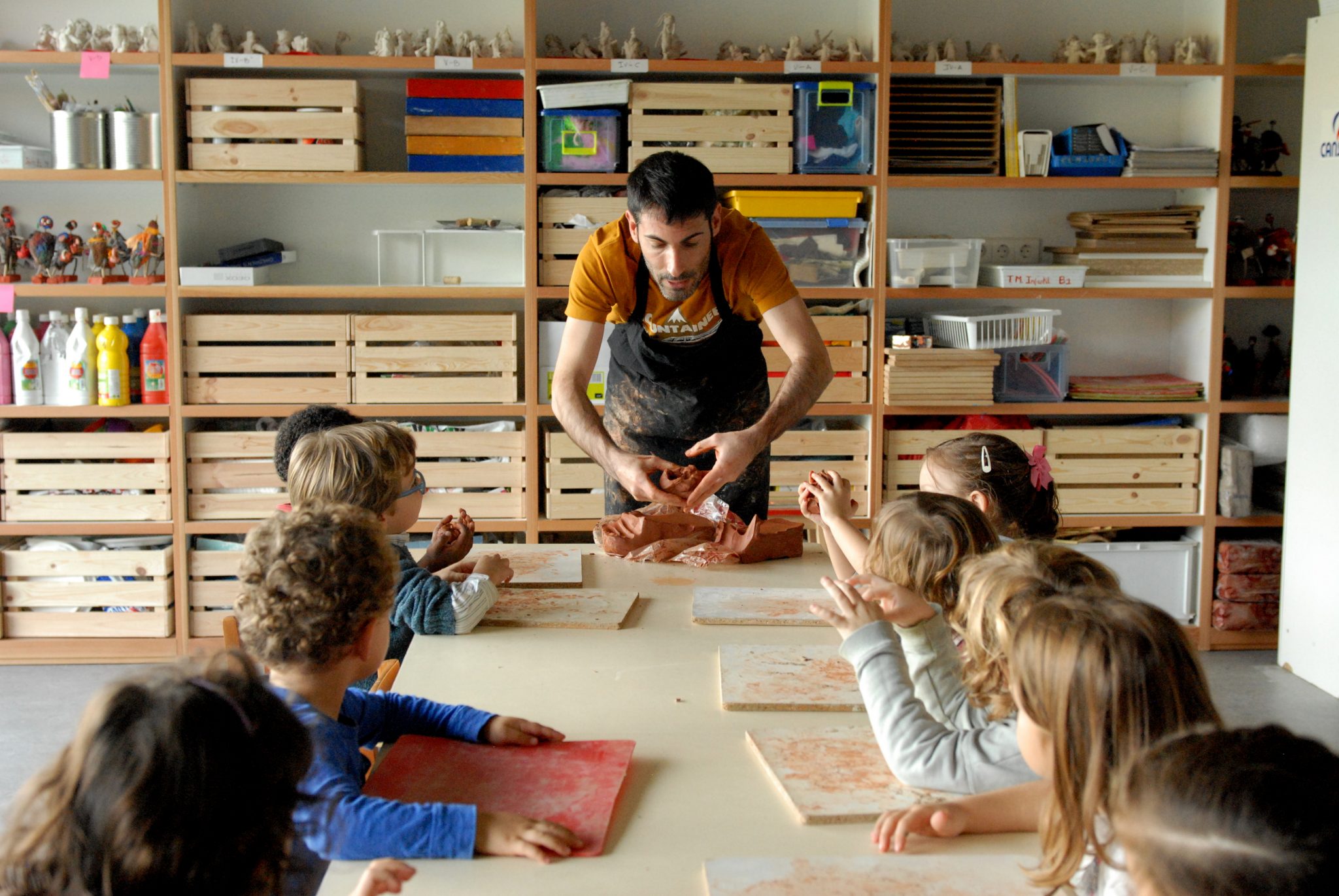
Architecture and pedagogy
To conduct experiential, comprehensive and meaningful learning, it’s essential that educational spaces enable such learning. The relationship between pedagogy and architecture has marked the evolution of school’s spaces since the historical beginnings of “Estudio”. By means of a constant dialogue between pedagogues and architects, careful reflections are made on how classrooms should be setup, appreciating interposed spaces as learning spaces and blurring classroom boundaries. In “Estudio” School all spaces are places of pedagogical opportunity, thus placing focus on the student, and providing them with opportunities to investigate, experiment and grow by developing all the necessary skills based on their evolutionary moment.














